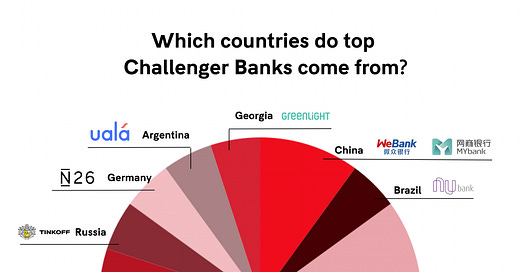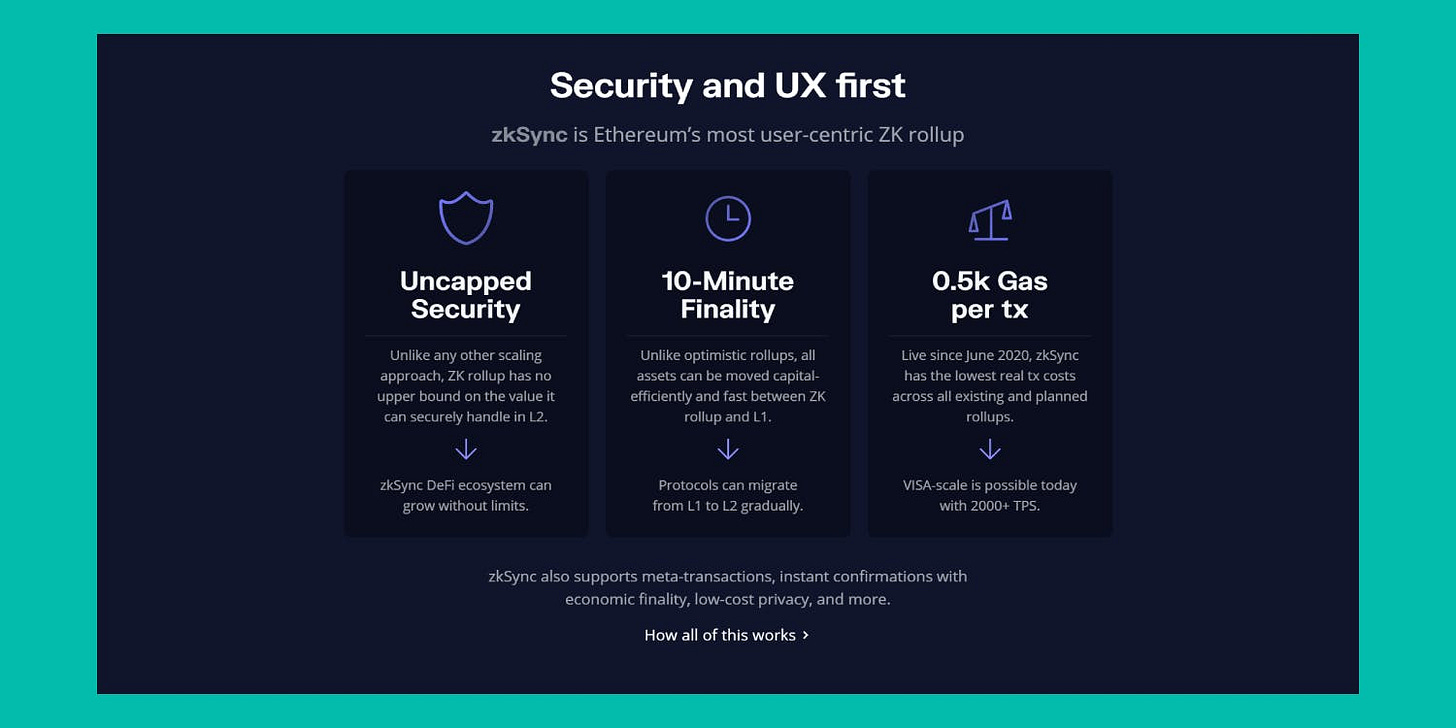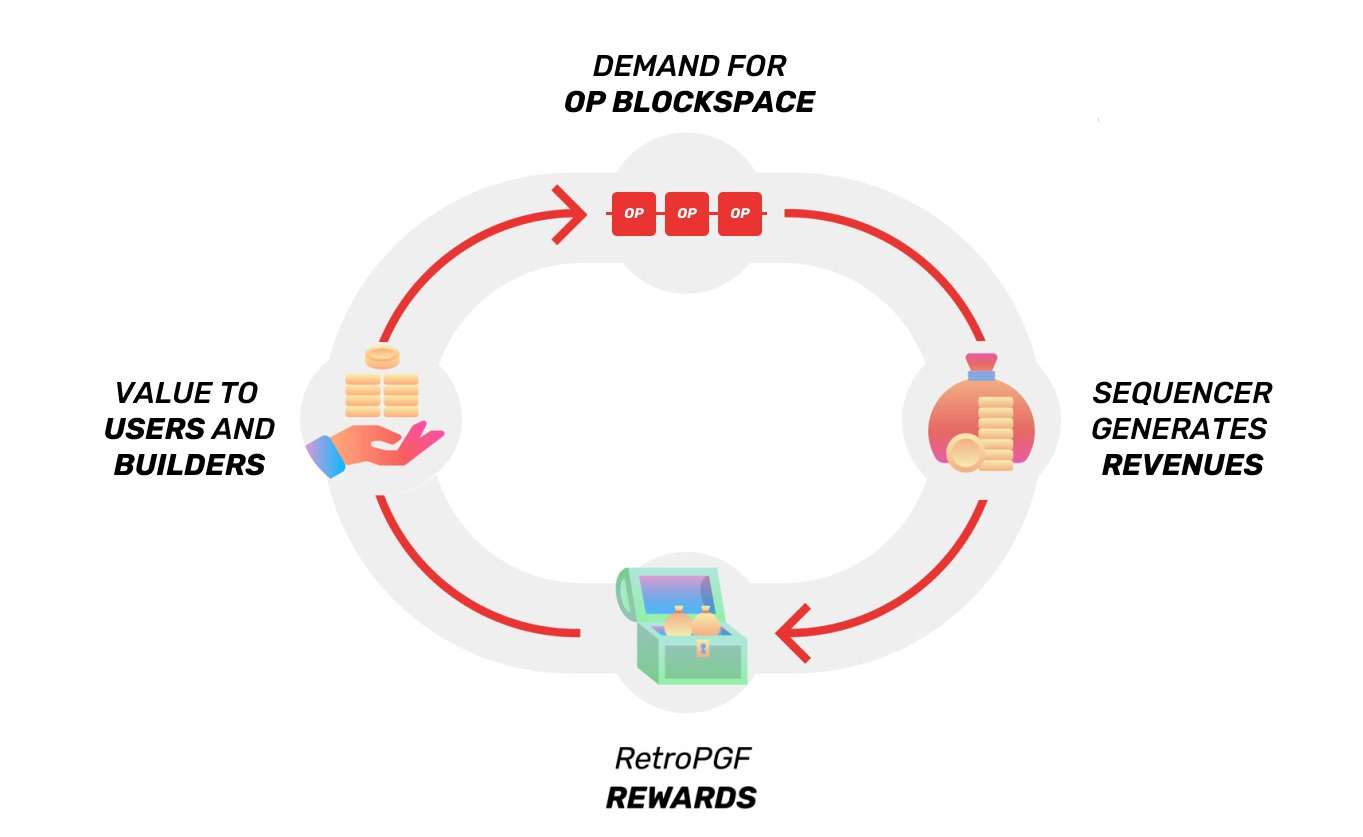Blueprint: Neobank Starling raises @$2.5B; Argent's wallet gets $40MM for DeFi superapp; Optimism token & governance for 250,000+ people
Gm Fintech Futurists — our agenda for today is below.
NEOBANK: Starling Bank raises £130.5 million at £2.5 billion valuation
WALLETS: Argent Raises $40M to Make Digital Wallets Easier to Use
PAYMENTS: Ethereum Scaling Project Optimism Launches DAO, Plans to Airdrop OP Token
LONG TAKE: Deriving Polygon Supernets and Avalanche Subnets value accrual through the Laws of Nature (link here)
PODCAST: 25 years of cypherpunk innovation in money, privacy, and music, with Chia Network COO Gene Hoffman (link here)
To go deeper and support our analysis, check out the premium features below.
Short Takes
NEOBANK: Starling Bank raises £130 million at £2.5 billion valuation (link here)
Starling Bank, the UK challenger bank, raised £130MM in its latest round at a £2.5B valuation. Investors included Fidelity, RPMI Railpen, Qatar Investment Authority, and Goldman Sachs. Launched in 2014, the neobank takes a digital-first approach to a licensed banking model. And unlike various other challenger banks, Starling has been profitable for the past 18 months. Listen to our conversation with CEO Ann Boden here to understand how the business is built.
The next phase in Starling’s strategy, and the purpose of the raised funds, is to pursue acquisition targets, with a particular focus on the lending space. In other words, more profitability since lending drives revenue. The firm has been looking into specialist lender Kensington Mortgages in a deal that is looking to be worth $1B. Competition for Kensington Mortgages, which offers home loans to over-55s and the self-employed, includes Barclays and previously NatWest.
It’s great to see that Starling has proven itself to be a sustainable business and is taking market share relative to traditional banking incumbents. Unlike the other players in the space — Revolut, Chime, SoFi, Dave, Monzo — Starling has been fairly valued relative to their commercial progress, and focused on growing assets / deposits, and not just users.
WALLETS: Argent Raises $40M to Make Digital Wallets Easier to Use (link here)
Non-custodial mobile crypto wallet Argent has raised $40MM in Series B funding. Argent competes on ease of use and access to the DeFi asset class — it offers an alternative to the seed phrases composed of 12- or 24-words, from which one creates access to a particular blockchain address. Yet these can be a difficult user experience, requiring consumers to either memorise or safe guard their phrase. If a malicious actor finds your phrase or you forget it, access to your digital assets is gone. That’s different from the usual Fintech experience, and is often cited as a key barrier to bringing more people into mass adoption.
Argent has a feature called “guardians” — a hardware wallet, third-party service or person — who have the ability to approve account recovery or untrusted transactions. Another recent feature is the ability to buy and stake assets with lower transaction or gas fees (e.g., staking rewards ranging from 5% for ETH to 15% for USDC and DAI). Argent uses zkSync, a zero-knowledge rollup that bundles multiple transaction requests into one, to reduce the cost of transactions.
The company is looking to expand globally, with Latin America being an area of particular growth. Further, Argent is trying to build a Web3 Super App, which provides access to virtual real estate, gaming, DAOs, and NFTs, aggregating functionalities across DeFi. In comparison, the biggest crypto wallet MetaMask is taking a developer-first approach utilizing more open systems that enable developers to build and innovate on the wallet.
We see an increasing convergence in the value proposition of crypto wallets, modern B2C payments apps, and neobanks, eventually coming together into a single offering with different strengths. Cash App, Chime, Robinhood, and likely a crypto wallet, are all next to each other in your iPhone, eating up valuable financial attention.
CRYPTO: Ethereum Scaling Project Optimism Launches DAO, Plans to Airdrop OP Token (link here)
Optimism, the layer 2 scaling protocol, has launched the Optimism Collective DAO and will be airdropping their OP tokens to more than 267,000 wallets. The Optimism Collective will utilise the revenue generated from Optimism’s transaction fees for grants toward “public goods”. These public goods will focus on building out Optimism, Ethereum, and the Collective itself through retroactive incentives, with the overall goal of acting as a flywheel for Web3 growth.
The DAO is separated into two houses: (1) Token House, which will govern software upgrades, treasury allocation, and the incentive structure, and (2) Citizens’ House, which will decide on how public-goods funding is distributed. Quadratic voting will be used by both houses, as it reduces the impact of large token holders, thus further democratising the process. In quadratic voting each vote becomes more costly than the last.


5% of the initial token supply will be airdropped to users of the protocol, including Gitcoin donors, bridge users, multisig signers and snapshot voters. Optimism’s token has been long awaited, as are many other Layer-2 tokens, with the zkSync token being touted as soon to come. Fortunately, we’re starting to see new ways of preventing airdrop gaming, with Optimism taking snapshots from quite far back, and rewarding users for specific actions rather than solely focussing on game-able metrics.
There’s lots to say here, that may be enough to warrant a long take. Understanding reward mechanics is juicy — a story of being paid in future capital for the risk you take of performing actions in risky frontiers. Or something about the funding of future growth by giving active users decision-making power. Or such broadly disbursed ownership. Or perhaps the push and pull of different branches of government. What do you think?
Rest of the Best
Here are the rest of the updates hitting our radar.
INVESTING: LPL Financial to Add $6B People's United Bank to Brokerage, Advisory Platform
NEOBANK: Teen-focused fintech app Copper raises $29M, grows to over 800,000 users in less than a year
PAYTECH: How Lydia wants to make payments more personal and social
PAYTECH: With Kard, banks and fintechs can build custom credit card rewards programs
PAYTECH: Neobank Cogni dives into web3 as it raises $23 million
INSURTECH: Coterie Insurance Expands Integration with Intuit to Further Enable Ease of Small Business Insurance
INSURTECH: Hippo is now available in NY
AR: Top 5 AR SDKs for Building Augmented Reality Mobile Apps
Deriving Polygon Supernets and Avalanche Subnets value accrual through the Laws of Nature (link here)
This is a philosophical take on how to think about the sharding and multichain architecture being built out in the core computational protocols.
How can we understand this pattern by analogy, or reason by looking at nature? And how does economic and productive value accrue to these networks, relative to the projects, businesses, and DAOs that are built on them? We test the waters by metaphor.
Podcast Conversation: 25 years of cypherpunk innovation in money, privacy, and music, with Chia Network COO Gene Hoffman (link here)
In this conversation, we chat with Gene Hoffman, Chief Operations Officer and President at Chia Network. Formerly CEO & co-founder Vindicia, eMusic, PGP, PrivNet.
More specifically, we touch on the early days of encryption, digital signatures, cryptocurrencies, and copyrights. As well as, the evolution of intellectual property management, the mechanics behind subscription infrastructure, how to build an alternative network to Bitcoin’s, and so so much more!
More? More!
If you want to go deeper in Fintech & DeFi, upgrade to a premium Blueprint subscription below. Our value prop is simple: experienced judgment, accurate vision. If you knew the shape of the tomorrow, what would you do today?












